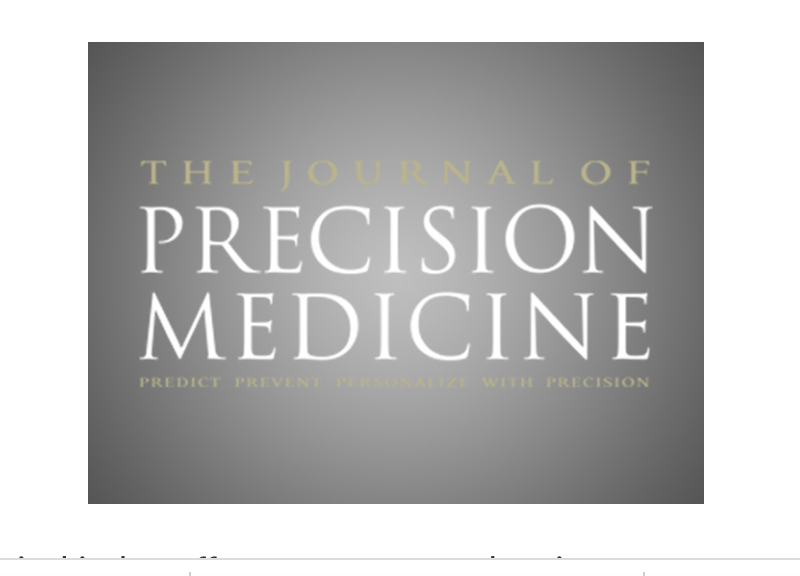The Multi-Omics Revolution

Currently, genomics studies contribute the vast majority of precision medicine- based data. As of August 2016, over 2,500 genome wide association studies (GWAS) have published their findings in the literature 1 . And this figure is set to rise as improvements in next generation sequencing (NGS) technologies continue to reduce the cost and turnaround time per genome sequenced. Add to this the parallel leaps and bounds being made in bioinformatics and computational capacity and one essentially has the blueprints for a genomic golden era, which can only mean good things for precision medicine. However, although genomics big data offers a pretty comprehensive snapshot of what precision medicine entails at present, the discipline is set to encompasses much, much more than DNA-based data.
Underneath the buzz and excitement generated by genomics data, and the valuable ground being gained with them, there are other engines at work in the field. These represent a largely unheralded revolution taking place; one which, despite the lack of fanfare, is poised to change the shape of precision medicine for good. But rather than a revolution borne of one discipline in particular, it is in fact the combination of several: it is proteomic, lipidomic and it is metabolomic too. It’s a charge that rallies multiple omics, or multi-omics, to its cause; it is a call for unison…and diversification.
Biomarker discovery
Those heeding this call are scientists like Tony Whetton, one of the masterminds behind the recently opened Stoller Biomarker Discovery Center at the University of Manchester. The Center is set to “develop an ecosystem” for biomarker discovery in the context of precision medicine. Moreover, it is poised to do this using a multi-omics approach; “In terms of the search for biomarkers, we’re not only talking about a search for genomic markers, but protein, metabolites and, potentially, lipid-based biomarkers too.” Whetton, a professor of cancer cell biology, who has worked in the field of leukemia research for over 30 years, is clear on the direction The Stoller will take, “A multi-omics approach to precision medicine is vital.” Working alongside The Stoller’s scientists is the biotechnology company SCIEX, a world leader in mass spectrometry (a term often shortened to ‘mass spec’). SCIEX has provided The Stoller with thirteen high throughput (HTP) mass spectrometry platforms, which are being used to process hundreds of patient protein samples per run. Aaron Hudson, Senior and General Manager of SCIEX Diagnostics, who has also been involved in The Stoller project since its early conception, was also involved in the decision to take a multi-omics approach; he commented, “Much of the precision medicine that is being done [at The Stoller], and at other centers around the world, is now looking beyond genomics. It’s not enough just to look at DNA and RNA anymore; you’ve got to look at the way the whole body is interacting. You have to expand into proteins, lipids and metabolites.”…..
